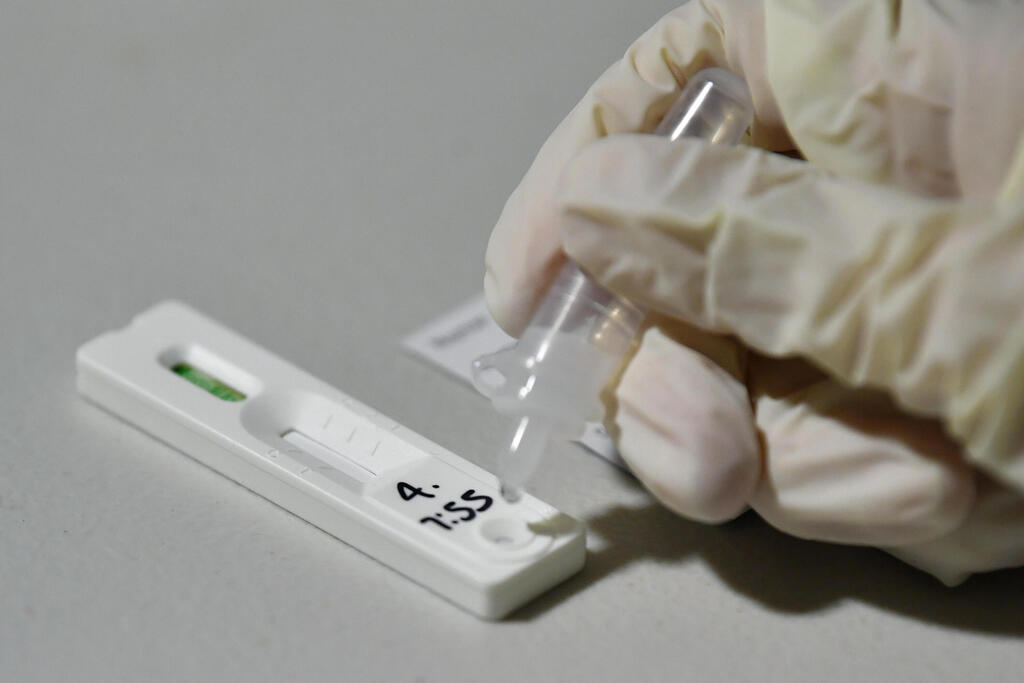Homebound Israeli travelers and inbound tourists will be allowed to present an up-to-date rapid antigen coronavirus test in lieu of the slower PCR test as was required so far to enter the country, the Health Ministry said in a statement on Tuesday.
The policy change, pending government and Knesset approval, will allow passengers to choose between performing an antigen test 24 hours before departure or a PCR test 72 hours ahead as required today.
A passenger who chooses to take a rapid test will be required to do so through a "known body in the foreign country". Home testing kits will not be accepted.
Israelis who stay abroad for fewer than 72 hours will not be required to get tested before departing for Israel.
However, anyone traveling to Israel will still have to take a PCR test at Ben Gurion Airport upon arrival.
The ministry said that the move was intended to "make travel cheaper and more accessible... while protecting public health."
Health Ministry Director General Prof. Nachman Ash warned on Sunday that Israel might consider banning travel to European destinations with high COVID-19 infection, fearing incoming travelers may import new coronavirus variants into the country.



